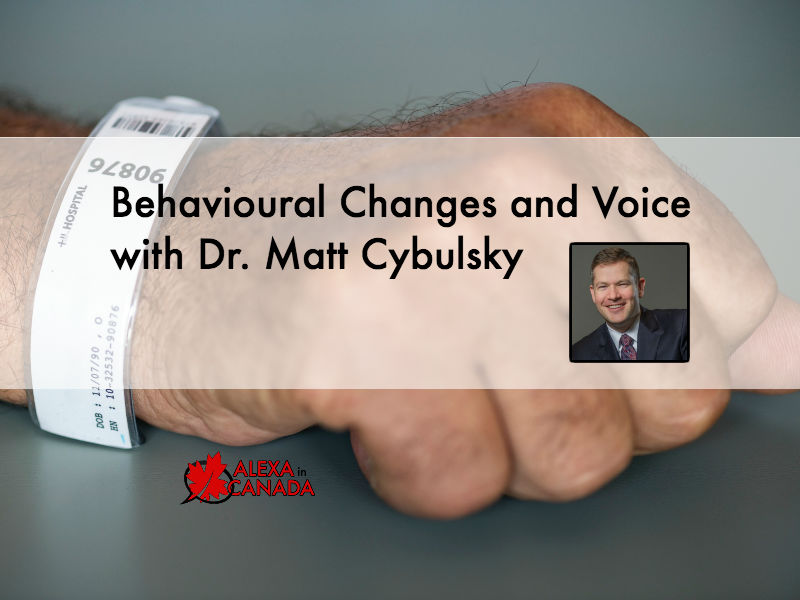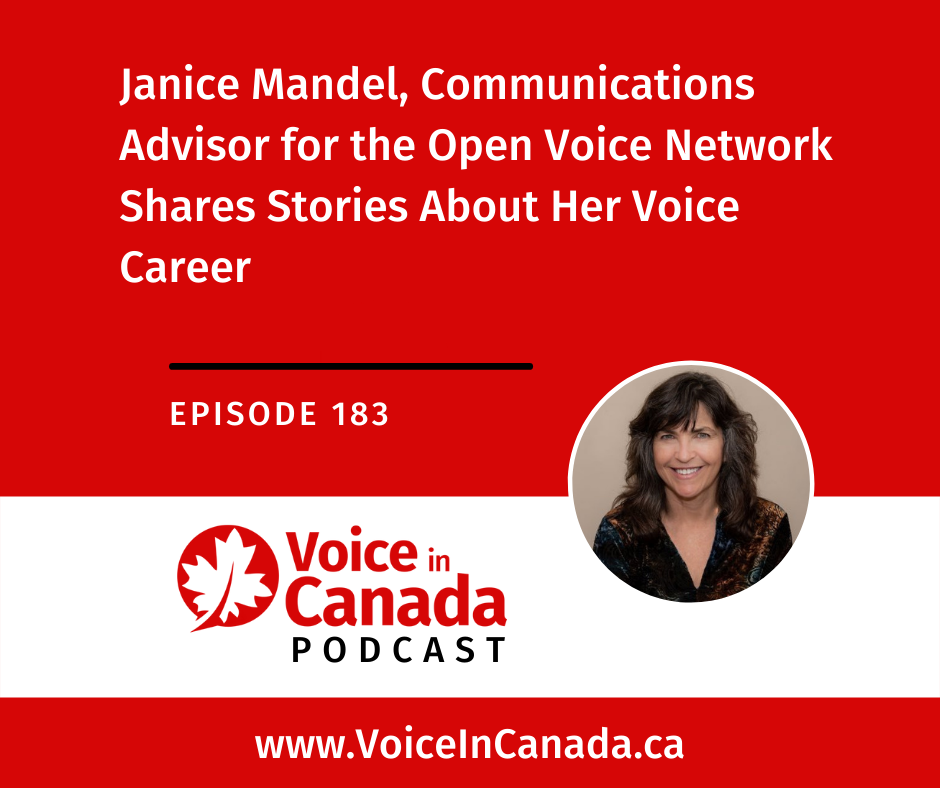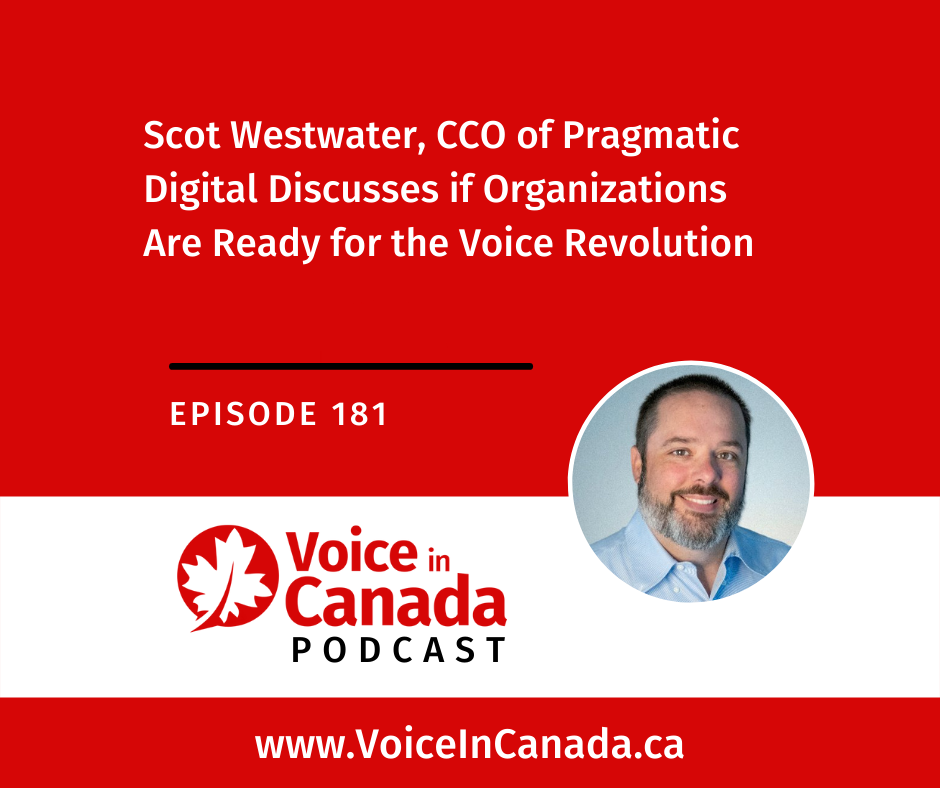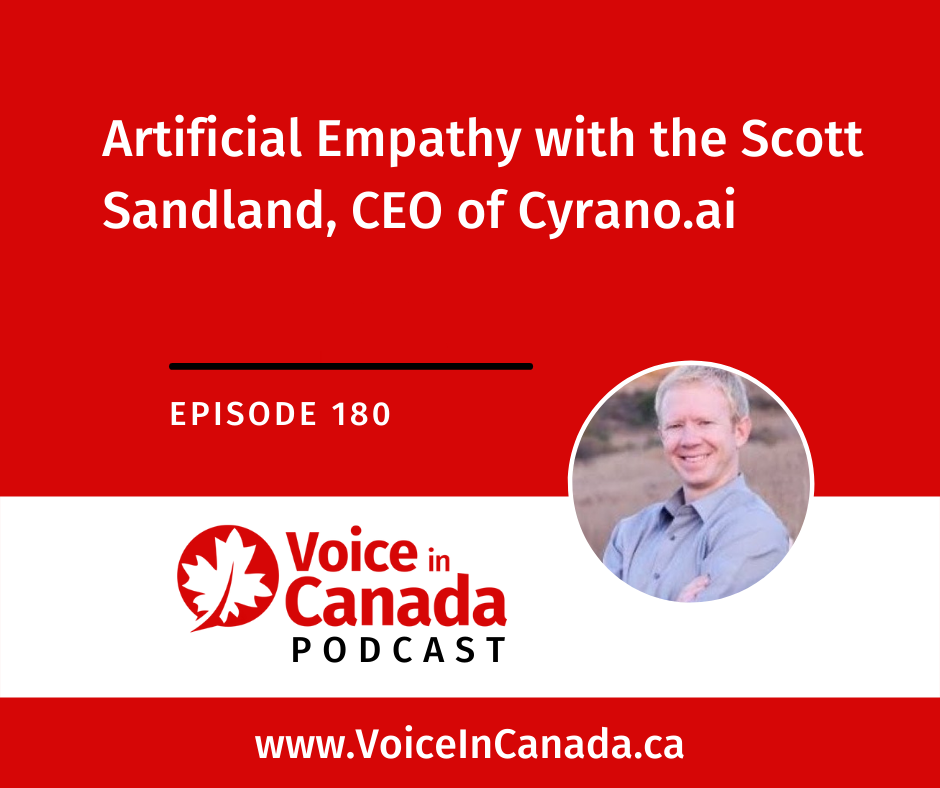In this episode, Teri welcomes Dr. Matt Cybulsky, behavioural economist, and founder and chief consultant of Ionia Behavioral Insights, to talk about behavioural changes and voice first technology, voice first privacy issues, Alexa applications within the Canadian health care system, and the power of motivating human behaviours with emotions routed in voice first technology.
Welcome Dr. Matt Cybulsky!
Matt Cybulsky is a psychologist and behavioural economist, and he has studied persuasion and influence extensively. He now offers his expertise to organizations to help guide behavioural changes through technology and innovation, particularly in the government and healthcare delivery sectors. While blending psychology, decision economics, and social influence to understand human decision-making, he designs choices that impact key decisions in the marketplace. Matt is a sought-after speaker regarding behavioural changes, insights, and healthcare.
It was a pleasure having Dr. Cybulsky on the podcast and we covered a lot of ground. Below you will see a summary of what we discussed.
How can Voice First Technology Help to Change Behaviours?
From the Patient Perspective
- Voice first technology has created a mechanism whereby a patient can “talk” to a health care provider and the provider can “talk” to a patient/client.
- Voice first technology allows avenues for a healthcare provider to support the patient (to encourage healthy behaviours, for example).
- Voice technology can bridge the time that a patient is not actually communicating with their doctor, but still allow for communication.
- The continuity of this communication replaces the hours out of the year that the patient is not in the presence of their physician.
- Voice is incredibly powerful, as even recorded voices can give you the extra nudge or encouragement you need to take care of yourself.
- Human interaction can accelerate healing; this can now be taken into the home.
- Voice first technology creates community, which encourages positive behavioural changes.
- Voice can stimulate human emotion, which in itself is an incredible healer.
From the Healthcare Provider Perspective
- Healthcare providers can document office visits in realtime while examining the patient.
- The allows the provider to be more focused on the problem at hand.
- Ultimately, these behavioural changes by the providers translate into better care for the patients/clients.
- Voice first product creators are the graphic artists of today – e.g. physicians, psychologists, and other healthcare providers.
Examples of Voice First Technology for Healthcare
- Opiate Addiction Tool: A voice tech product that monitors patients’ pain ratings and encourages them to stop taking pain medication before dependency and/or addiction occurs (i.e. opiates).
- Medication Compliance Tool: An Alexa skill designed to encourage people to take their medications (or monitor health parameters, such as blood pressure or glucose) by using various types of incentives and motivational techniques.
- “In-home” Physician: A physician’s voice can “talk” to the patient whenever the patient wants or needs to hear their physician.
How can Voice First Technology Best Motivate Behavioural Changes?
- It must be a fluid interaction, a part of everyday activities.
- It must be part of the continuity of life – a part of a “fair day”.
- There must be minimal (or no) friction to use the technology.
- Example: A person has to go to a website (i.e. friction), whereas voice first tech could know when you enter a room and initiate a conversation (i.e. minimal friction).
- Text prompts/notifications can be utilized to encourage users to interact with their voice first technology.
- Example: A notification may tell a patient to report to Alexa when medications have been taken.
- Ultimately, consumers will drive this behaviour and determine how many notifications the market will bear, as there is the potential for fatigue.
- Voice tools may bring us back to more authentic behaviour.
- We have become buried in our screens; voice will allow us to connect in a way that we may have forgotten.
Privacy and Voice First Technology
- People give up privacy for convenience, for example speaking on a cell phone, using email, using credit cards, using GPS, using a Google account.
- The advantages of what the technology gives us outweighs the risk.
- Throughout history there have been concerns over privacy whenever new technology enters the market.
- In response to every major threat that has been discovered over time, humans have developed systems to protect ourselves.
- Dr. Cybulsky does not think that we should be terribly worried about the privacy issue. He does, however, feel that as an involved citizen we should always be critical of what is happening.
- Ultimately, he has faith in humanity. Well said, Dr. Cybulsky, well said.
List of resources mentioned in this episode:
- Matt Cybulsky on Twitter
- Ionia
- Delian
- Voice of Healthcare Summit – use code FISHER2018 for 20% off registration
- Teri Fisher on Twitter
- Alexa in Canada on Twitter
- Please leave a review on iTunes
- Shopping on Amazon.ca












![Celene Osiecka of [24]7 on the Voice in Canada Podcast](https://voiceincanada.ca/wp-content/uploads/2021/10/Celene-Osiecka-of-247-on-the-Voice-in-Canada-Podcast-1.jpg)